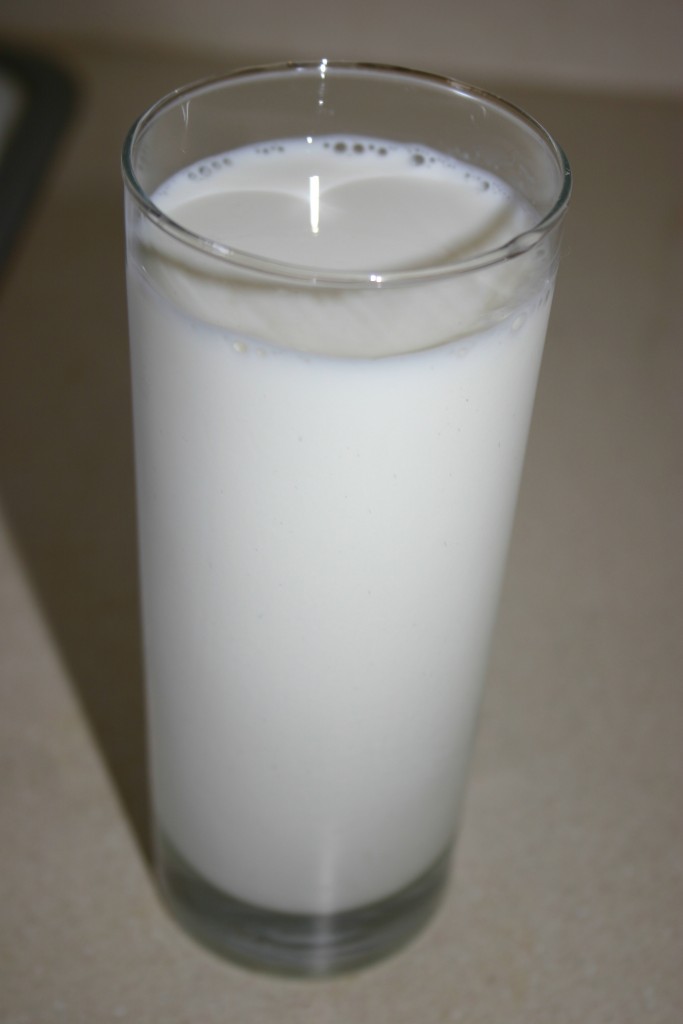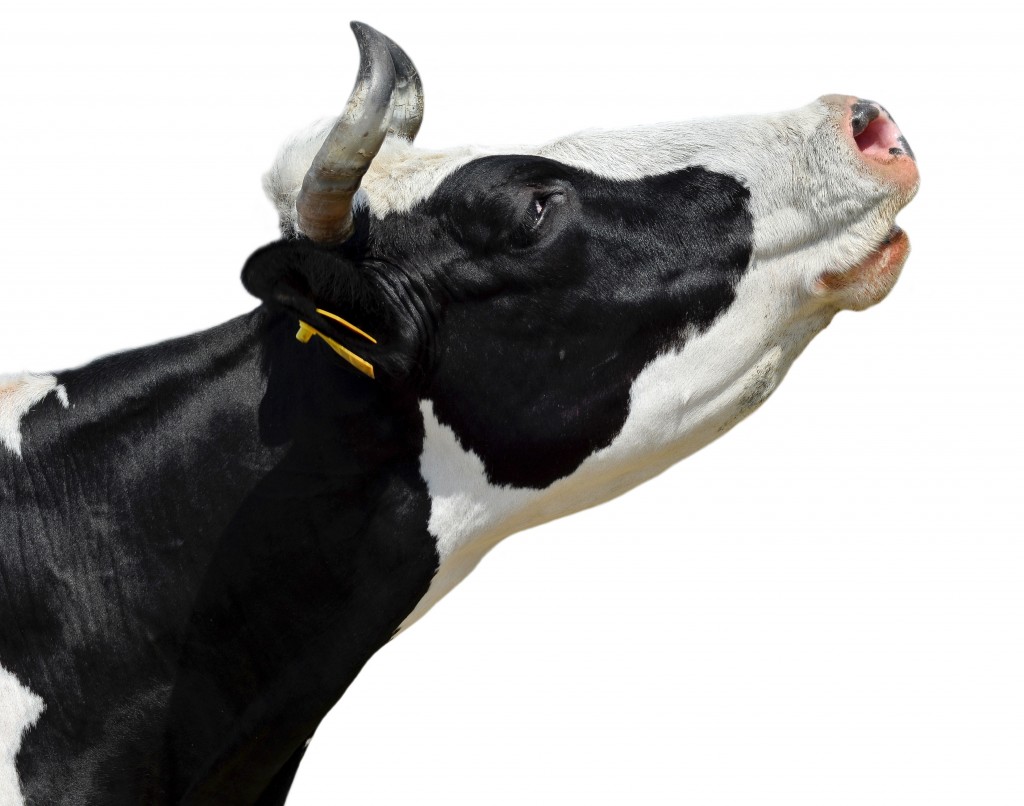Should You Try a Dairy Free Diet?
How do you decide if a Dairy Free Diet is for you? Obviously, if you are allergic to dairy, that makes your choice easy. But, what if you aren’t allergic to dairy as far as you know? Maybe you have heard that a dairy free diet is healthier and you want to make an educated decision. I’m going to give you the medical and scientific facts about a dairy free diet, and also tell my personal experience with going dairy free.
Food Intolerances: Fructose Malabsorption, Lactose and Histamine Intolerance:
living and eating well after diagnosis & dealing with the elimination diet
We all know that babies need milk. Warm blooded animals feed their babies milk until they are able to eat independently. Human parents keep giving their babies milk, usually cow’s milk and most of us grow up thinking we need milk to survive and be healthy. Humans are the only species that keep drinking milk and drink milk from another animal. Cow’s milk is perfect for baby cows, but may not be the best thing for us to be drinking.
Some of us can eat or drink almost anything without noticing anything different in our well-being. Others of us will feel bloated, achy, develop stomach cramps, itching, or other symptoms that show our bodies are sensitive or allergic to what we ingested. Some people react to dairy from the time they are born and must avoid it in any amount. The medical term for being sensitive to dairy is called being Lactose intolerant. A true milk protein allergy can be dangerous and includes the more severe symptoms of hives, wheezing, or vomiting. This can occur as soon as seconds after milk is ingested and the person may go into anaphalactic shock, which is a medical emergency and life threatening.
Symptoms that can develop later may include:
* Loose stools, which may contain blood
* Diarrhea
* Abdominal cramps
* Coughing or wheezing
* Runny nose
* Watery eyes
* Itchy skin rash, often around the mouth
* Colic, in babies
Milk is the third most common food allergy behind peanuts and tree nuts that causes anaphylaxis.
Your doctor can run tests to determine if you are allergic and may prescribe an epinephrine
injection pen for you to carry with you in case you accidentally ingest anything that contains
milk (Mayo Clinic, 2015).
Lactose intolerant symptoms can occur within minutes to hours and are usually digestive
problems such as bloating, gas, abdominal pain and diarrhea. You can take a lactase supplement with the first bite
of dairy containing food, which helps your body to digest the lactose in dairy or choose lactose
free products. Some people can eat smaller amounts of dairy with no problems, or even be
symptom free if they spread their dairy out throughout the day. Other people may find they have
fewer symptoms if they have their dairy with other food.
There are other reasons you may not feel well when you eat or drink dairy products. Much of the dairy products are from cows that are treated with hormones or eat food containing high levels of pesticides or GMOs. These are good reasons to try organic dairy products and look for a label stating that the cows were not given hormones!
I am lactose intolerant and having dairy can set off symptoms within hours with abdominal pain and bloating and gas. If I have ice cream and another dairy product in the same day I will have violent symptoms and feel terrible but I don’t do that! I am better off without dairy and I try to eat dairy free as much as possible. I must confess I still crave it after many years and do give in to a DQ treat on occasion but I know I pay the price.
Another easy solution for either milk allergy or lactose intolerance is to switch to drinking a milk substitute such as almond, rice, cashew, soy or coconut milk. My personal favorite is unsweetened almond milk.
Digestive Advantage Probiotics
I know people who have found that after being off dairy for months their adult acne has cleared up and along with muscular pain from an autoimmune diseases are much less.
But there are others who are truly Allergic to dairy! My grandson is one and his family has to carry an epi-pen with him wherever they go. Just a couple weekends ago we were out to brunch and my grandson started crying saying his throat hurt. As I watched, his neck began to swell up and he complained of chest pain and had a hard time breathing! He is only 7 years old. We got out the epi-pen and were ready to administer it. We had no clue what he ingested that made him react this way. Often when his food even touches something dairy and he eats it, it can trigger a response. We had him stop eating everything and drink as much water as he could. Fortunately we didn’t have to administer the epi-pen but we came very close to it. His neck remained swollen and sore for hours but his chest pain went away and he could breathe better.
Benadryl Allergy Ultratab Tablets
So, do you think you would feel better being off dairy? What are some of your favorite dairy substitutes? Let me know in the comment section, I’d love to hear from you!






This was such an interesting read. Thank you for sharing it with us at the Brag About It Link Party! Have a great weekend!
~Laurie
I gave up dairy a few years ago, and the biggest thing I noticed was how much the “pooch” (you know what I’m talking about) decreased! I don’t have any allergy and never experienced any really terrible side-effects…except bloating, apparently. Who knew? I honestly don’t miss it that much either…except for ice cream which I DO still eat on the regular, and feel gross after. But it is so delicious! ha Nutritional yeast has been my main “substitute” to add a bit of cheesy flavor to food, when I’m in the mood for it.
Oh my! I don’t think I have ever heard of a milk allergy being so bad that you have to carry an epi-pen. That must be so scary with all the dairy hidden in things. I am glad he was ok. I can’t imagine!